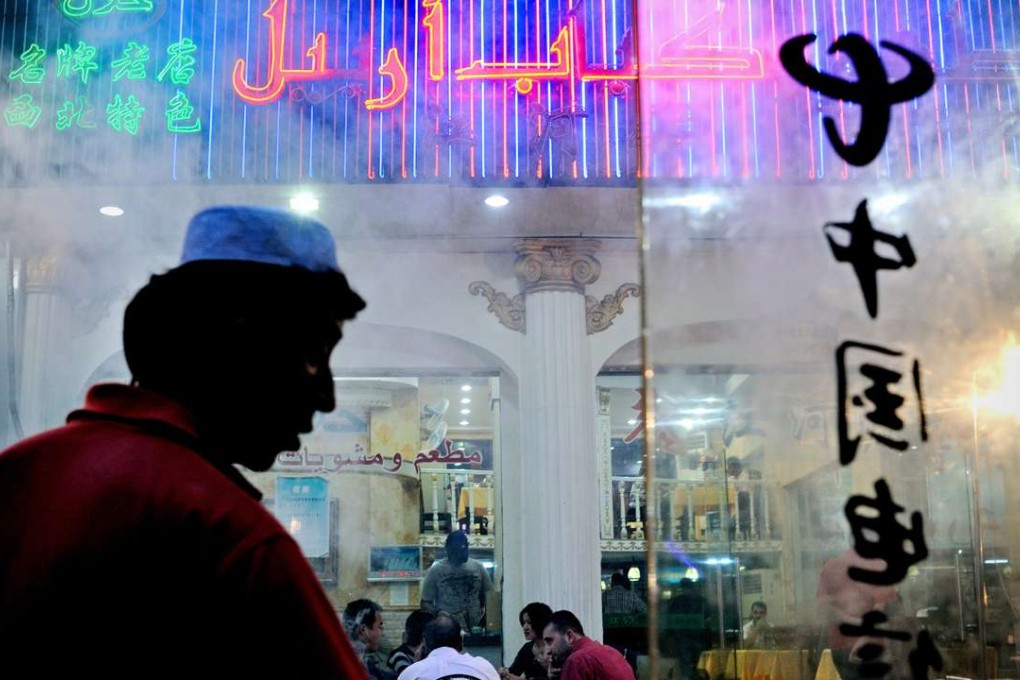Roadblocks and detours aplenty on China’s New Silk Road
Robert Bianchi says reality is setting in three years after the launch of China’s grandiose plans to unite continents and oceans, as it struggles to cope with the complex diplomacy that comes with it

China’s dream of building a New Silk Road is in trouble. Each day, it looks less like a strategy than a gamble, with risks that party leaders try to minimise or ignore. Grandiose plans to unite continents and oceans aim to project China’s status as a global power, but they betray an impulse towards overreach that threatens to check Chinese influence abroad and to aggravate vulnerabilities at home. It’s doubtful that any country could aspire to transform the world so thoroughly without turning itself upside down in the process. For China, the dangers are particularly acute because of the deepening contradictions in its politics and economy, as well as the myriad cracks dividing its society and culture.
China’s ‘New Silk Road’ facing difficulties: former official
The timing of China’s great leap outward could hardly be worse, given the turmoil currently sweeping Eurasia, the Middle East and most of the Islamic world. China and other great powers are pursuing new markets and allies at each other’s expense. This competition is encouraging resource wars and proxy wars that weaken all participants and unleash a chain-reaction of revolutionary movements fuelled by ethnic and religious hatreds.
China will have great difficulty convincing others that it can become a world-class mediator as long as it rejects mediation of its own international disputes
China’s diplomats portray these conflicts as opportunities for Chinese mediation to succeed where others have failed. In fact, China cannot remain above the fray. Its very presence complicates every negotiation because of its interests and ambitions. Like any global player, China wants to accumulate bargaining chips it can exchange for concessions in other regions and issues. For example, Beijing’s willingness to help limit Iran’s nuclear programme is offered in exchange for deference to its interests in Taiwan and North Korea. Nor can China pretend that mediation precludes direct involvement in other countries’ domestic affairs, particularly when – as in Afghanistan, Syria, Libya, Yemen and Sudan – the job requires brokering power-sharing agreements between embattled rulers and armed opponents.
China will have great difficulty convincing other countries that it can become a world-class mediator as long as it rejects mediation of its own international disputes. By pressing untenable territorial demands in the South China Sea, Beijing is not only alienating key neighbours controlling the straits of Malacca and Makassar, but it is also stoking an arms race across the Pacific and Indian oceans – jeopardising already vulnerable maritime routes it cannot defend.

Beijing says Uygur militants a threat to Indonesia
China’s protracted feud with Turkey over the fate of Uygur refugees from Xinjiang (新疆) has proved equally self-defeating. Trying to prevent Turkey from resettling Chinese Muslims has played into the hands of terrorists looking for new recruits in Syria. Just when it seemed that Chinese diplomats had managed to persuade Pakistan to expel Uygur fighters along its frontier with Afghanistan, Beijing’s quarrels with Ankara began feeding terrorist routes that circle back to China’s own troubled borders.
Inside China, opinions about the New Silk Road are increasingly coloured by economic slowdown and political repression. When the government first announced the projects in 2013, they were greeted with a mixture of indifference and bemusement. Now, the commentary has become more openly critical. A growing stream of writers – including important military, party and scholarly figures – are questioning the wisdom of the policies.
China’s Silk Road ventures carry financial risks as well as political rewards
The debates about the merits of the Silk Road initiatives have just begun. They highlight the intimate tensions between foreign and domestic affairs, and the power struggles at the top, and absence of the people at the bottom. Whoever rules China in the future will have to negotiate with a shifting set of great powers and regional aspirants. They will need to strike long-term deals for resources that apportion revenues among rivals. They will be pressured into managing domestic quarrels among social groups that want benefits distributed to all citizens. And, China’s leaders will have to justify all of these decisions to a sophisticated public and an increasing array of interest groups.
